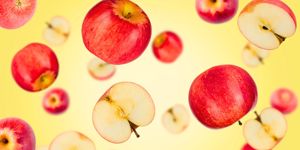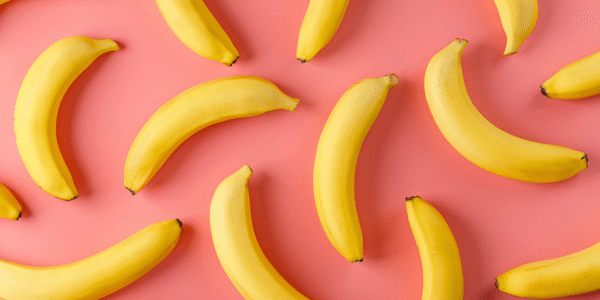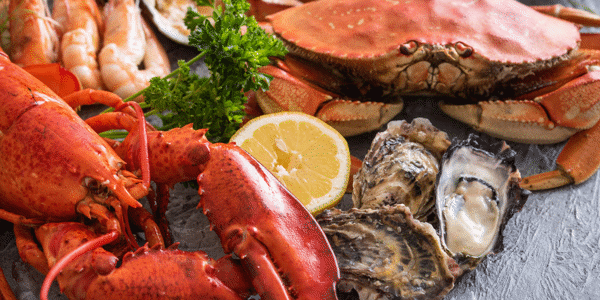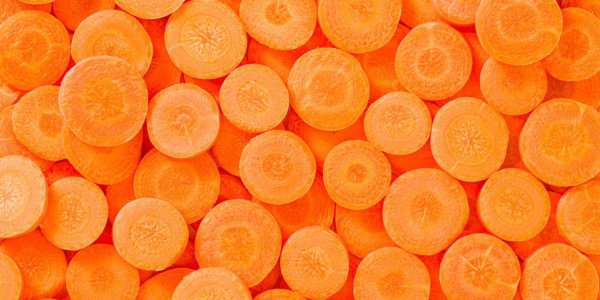Introducing apples to your baby can be quite a daunting experience.
You’re probably wondering when is the best and the right time to introduce apples to your little one. Although apples are a sweet treat, packed full of nutrients, apples can pose a choking hazard.
If you want to go down the route of baby-led weaning (instead of traditional weaning where purees are introduced, baby-led weaning is the practice where finger foods are introduced as solids) when the time comes to begin weaning, you’ll need to find some safe serving ideas.
When Can Babies Start Eating Apples?
Providing the apples are prepared safely, you can introduce apples to your little one from the age of six months.
Raw apple is firm and hard to chew. Both of which increase the risk of choking. To help reduce the risk of choking, you can prepare and serve apples to your baby in an age-appropriate way. (More information on this below) Never leave your baby unattended while they are eating.
Preparing Apples for Your Baby
In order to safely serve apples to your baby, apples must be either pureed, steamed or roasted until their texture is smooshable.
If you are offering apples that are roasted or steamed, make sure to watch your little one closely while they eat the flesh. Remove the peel from her the apple, or remove the peel off of the tray as soon as they have finished the flesh.
You can also serve them raw if the pieces are thin enough or grated enough so that they will not pose a choking hazard. Stay clear of serving apples in the form of chunks/wedges, or the whole apple itself.
Preparing Apples for Your 6-Month-Old
- Offer large wedges which have been steamed to soften the texture (cook until they are very soft) tip - you will know its cooked enough when you press the apple wedge between your index finger and thumb and it feels flexible enough for your little one to chew with their gums.
- Offer lumpy puree (homemade applesauce) by blending cooked apples in a food processor for a couple of minutes. Place on a spoon (baby-led spoons are great to practice self-feeding skills)
Preparing Apples for Your 9-Month-Old
- Offer apple in a grated form, making sure to remove the skin and any seeds. You can sprinkle grated apples on top of yoghurts, porridge, pancakes etc.
Preparing Apples for Your 12-Month-Old
- By now your little one should have some teeth, meaning you can now offer apples in the form of thin slices of either steamed or raw apples. Ensure the apples are cut to the length of your pinky finger.
Easy Recipe Ideas for Apples for Babies and Toddlers
- Apple mini muffins
- Apple banana custard
- Baked apple oatmeal
- Apple and spinach baby puree
- Apple and pumpkin porridge
- Apple potato pancakes
- Sweet apple yoghurt
- Apple pie wedges
Your Baby Club and Center Parcs are giving you a chance to win a family break in a Woodland Lodge at a UK Center Parcs village of your choice.
What Makes Apples Beneficial for Babies?
Apples are loaded with Vitamin C and B6, fibre and antioxidants which all help a growing baby to thrive. Together the nutrients help to support the digestive system, and metabolic processes, boost iron absorption and aid repair and recovery, among many other things that help to support a healthy brain and fibre to help keep constipation at bay.
Are Apples a Common Allergen?
Apples are not considered to be a common allergen however any food can possibly be an allergen so it is good practice to keep an eye and look out for the signs of an allergic reaction. If your little one experiences any of the following symptoms, there is a possibility that they may have an allergy:
- Itching
- Sneezing
- Wheezing
- Hives
- Skin, lip or tongue swelling
- Nausea or vomiting
- Stomach pain / diarrhoea
- Trouble with breathing
As you would when introducing any new food to your baby, start by offering a small amount at first and watch your baby as they eat. If you do not notice any adverse reactions, you can up the quantity served as time goes on.
If your child shows signs or symptoms of an allergic reaction, call your GP asap. If multiple areas of your little ones body appears to be affected then the reaction may be more severe and potentially life threatening (anaphylaxis). If your little one has trouble breathing or swallowing then call 999 straight away.







